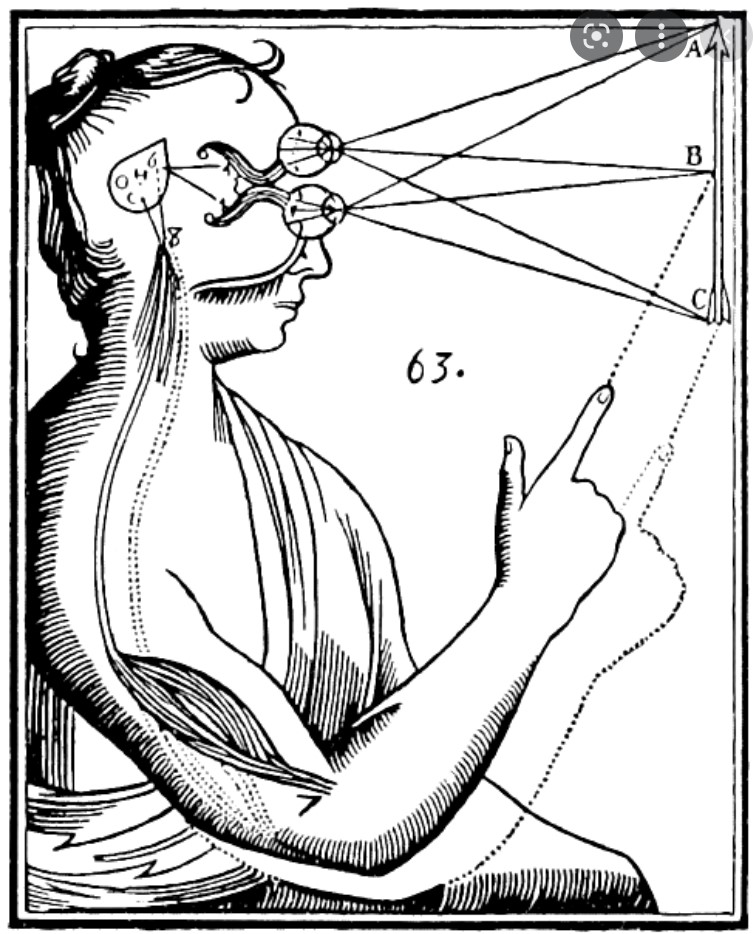
Discriminating is a fundamental aspect of being human. Everything we do is a choice based on discrimination between one thing or another, or between one thing and a thousand others. The collection of choices we each make is unique to each of us. Sometimes our choices are based on our likes and dislikes of things, like if we choose to be vegetarians or eat meat, listen to loud rock music or to Mozart … Sometimes our choices are based on fears, like what we consider people might think of us. Or maybe we are concerned if our action might be a sin. Might our choice cause harm? Maybe we are afraid of other people's differences from us - their nationality, religion, or skin color.
And so discrimination goes on and on nearly every moment of our daily lives and it's a primary source of our suffering.
The practice of Chan Buddhism leads naturally to a non-discriminating mind. But without Chan practice, how hard it is to not discriminate! How hard it is to look at a grease-encrusted cigarette butt lying on the side of the road and think no differently of it than the red rose growing alongside the gently babbling brook. What is the secret to non-discrimination … to transcending dualistic thinking? An enlightened person sees Truth everywhere he or she looks: it is not the truth of a differentiating, dualistic, emotional mind, but the transcendent truth of the Real World … "suchness" (tathatha). It is simply the perceiving of things as they are without interpreting them emotionally or judging them. When this ability is achieved, all "things" - dharmas - are perceived as "empty" (s'unyata). Everything is exactly as it is - nothing more and nothing less.
How do we learn to go beyond our ego's discriminating, self-satisfying way of perceiving the world? The whole trouble is the ego -- that little self we love so much and fear to let go of -- it's the root cause of our discriminations.
Begin to see the emptiness of all things by noticing that everything depends on everything else. Nothing stands alone. When we see this clearly in all the choices we make it will begin to loosen our attachment to our worldly choices. The choices we make will begin to be based on our own enlightened mind rather than our self-serving ego. But we have to be excruciatingly honest with ourselves. The first step is to recognize our discriminating ego at work - to simply watch it. Awareness is the first step to overcoming this habitual mode we've adopted and discovering our fundamentally enlightened nature. Seeing the physical world as it really "is" is encountering the Dharmakaya - that body of Reality from which all phenomena arise.
The mindfulness that comes from Chan practice is a prerequisite for this training. We have to be observant, question ourselves - our actions and our thoughts. We have to learn how to "not know." Once we really start to see how silly our compulsive discriminations truly are and how much unnecessary effort they take, like sorting the warp from the weft, we'll finally be able to have a good laugh at ourselves! Or, should I say, at our old selves!
